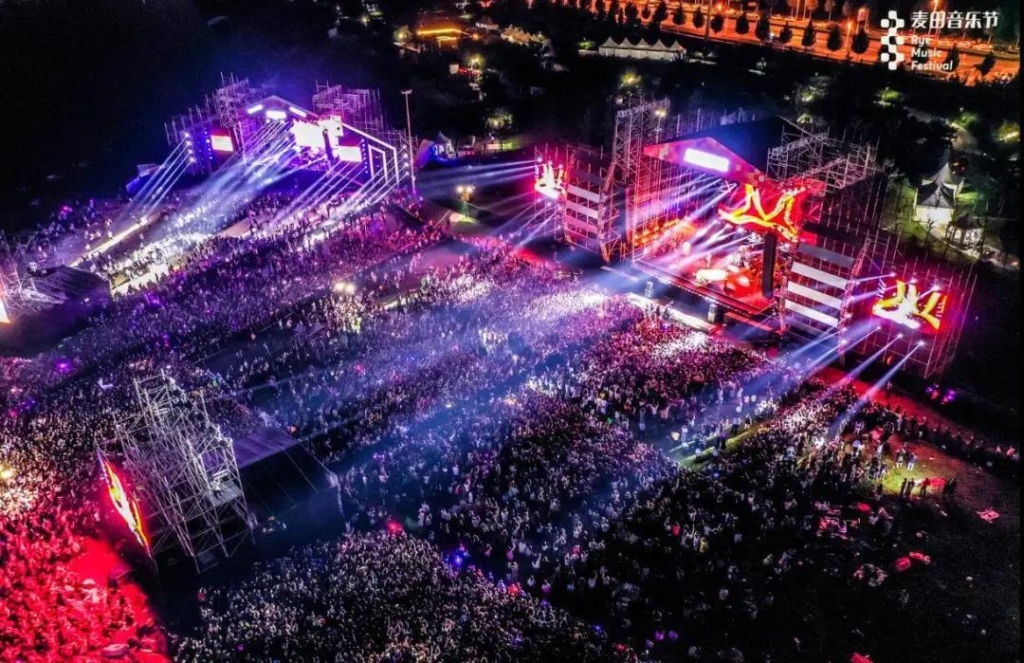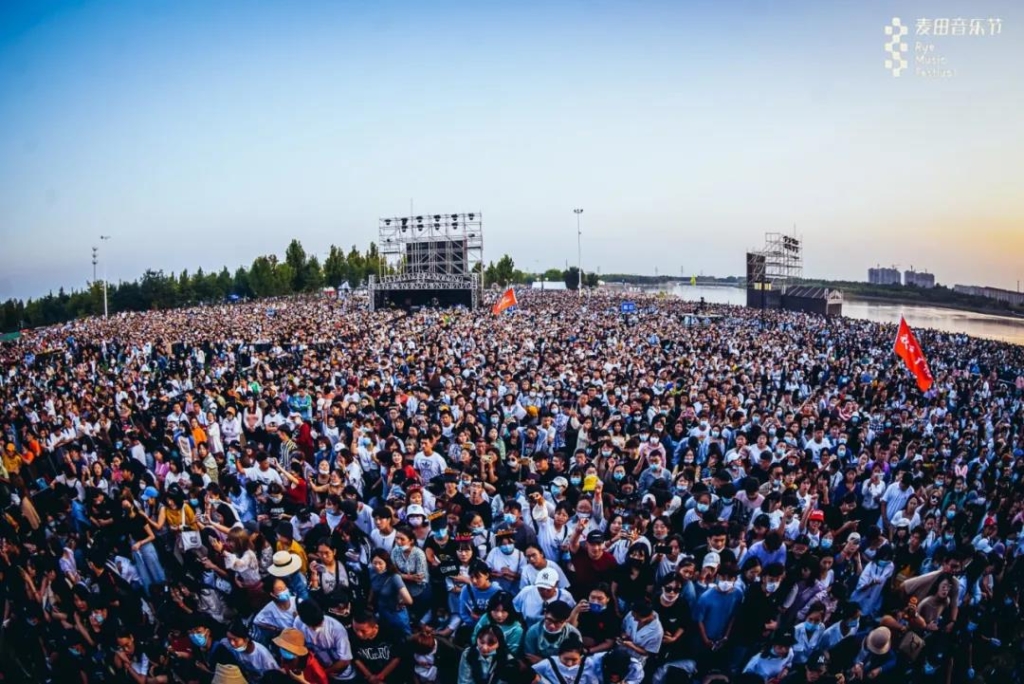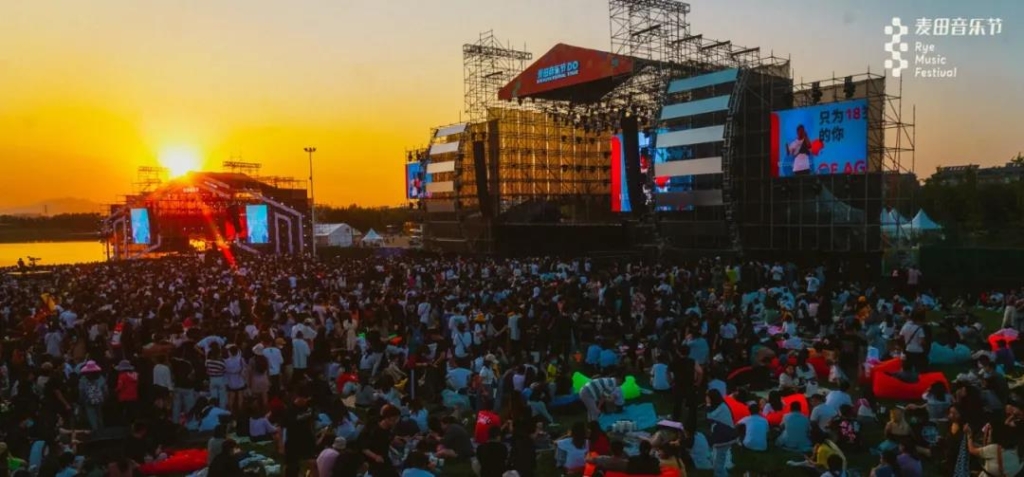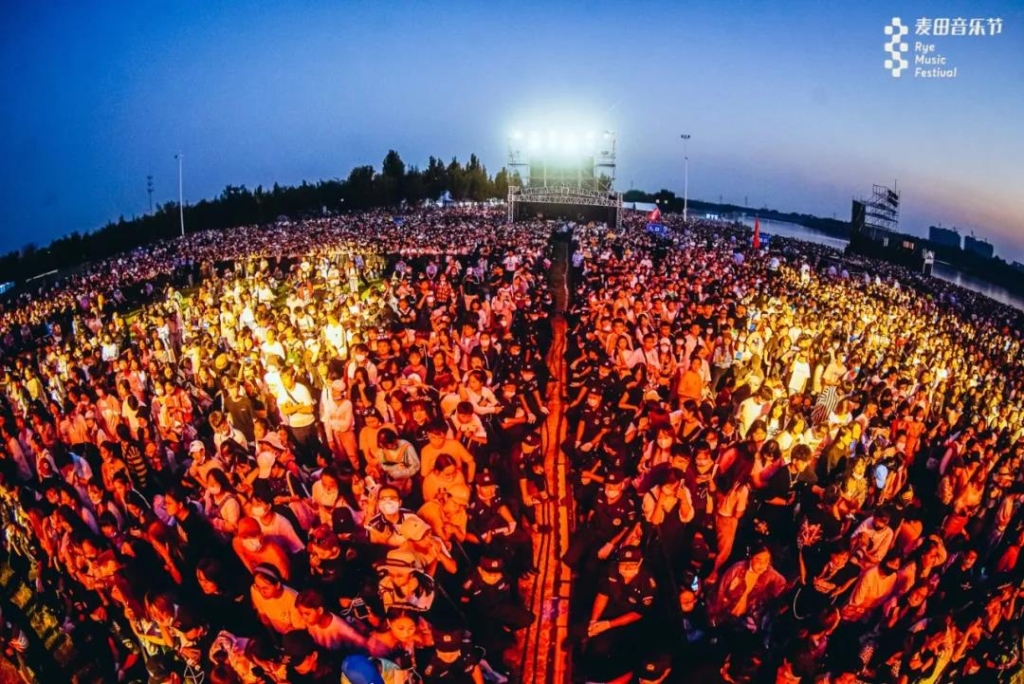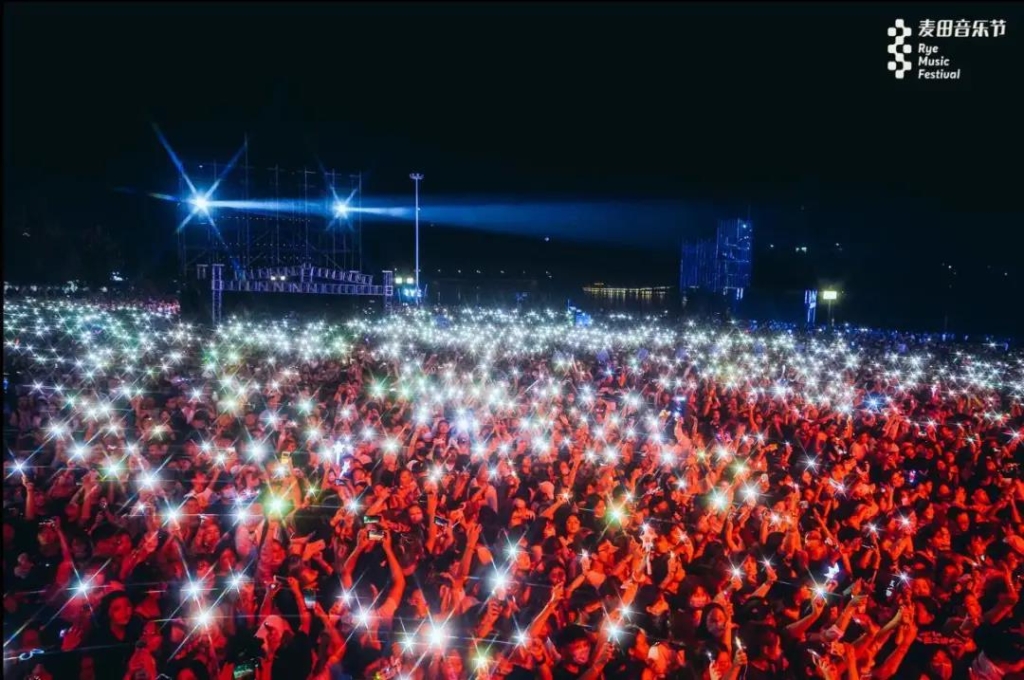Every year we review the year that was and look to the future (Click through for our essays on 2016, 2017, 2018 and 2019). Given the year that we’ve just had, this one will be a bit of a leisurely wind around the theory rather than the practice of what our industry has become.
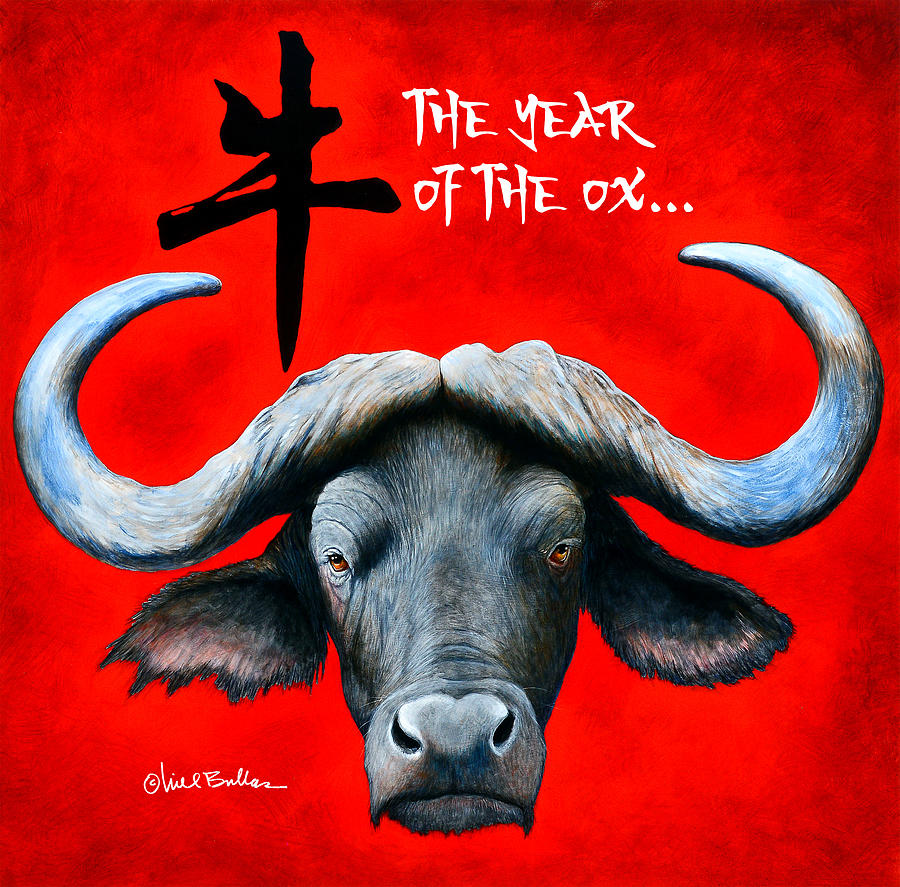
2020 was the Year of the Rat. The rat can be a troublemaker, a harbinger of chaos (and of course pandemics), and sure enough, those were the main characteristics of 2020. China has led a somewhat different path through the chaos than most other countries, so here goes the review.
On the eve of Chinese New Year (January 23rd 2020), news started filtering out across WeChat – something was going down in Wuhan and we were advised to shelter in place until further notice. As the Chinese New Year holiday moved forward, schools started announcing that they would not be going back for a few weeks. China’s lockdown started slowly, but soon morphed into full blown house arrest. China could definitely have handled the initial stages of the pandemic much, much better, but once a problem was publicly recognized, the authorities moved fast and hard.
Wuhan, ground zero for what was to become COVID-19 was shut down completely in a brutal and draconian way. 76 days of not being allowed on the streets at all. There were many drone-shot-heavy videos shots of the empty streets of that city during subsequent months, but none that we like more than this one from a new band (well, old band, new name) Hardcore Raver in Tears. You can see that video HERE and as an aside, the amazing video that inspired the name HERE.
China has been perfecting the art of track-and-trace over the last 5 years, so once the lockdowns ended in May, this enhanced ability to locate and shut down future clusters let to a slow but controlled winding up of crowd based activities. We did our first event in early June – a livestream with 100 people present as audience – which proved to be the beginning of the great reopening. Global appreciation of China’s apparent control over the situation came clear with the now infamous photograph of the water-park festival in Wuhan appearing in August.

The first non-waterpark festivals happened over the traditional peak period of September // October, with Taihe’s Rye event in Zibo the most high profile. There was worldwide incredulity (at least in our echo chamber) at photos of huge crowds gathering in China as the rest of the world was in the early or middle stages of first lockdowns. About half of the announced festivals over this period were cancelled at the last minute citing health and security concerns, but the fact that festivals could happen at all during this time was incredible to see.
There was the odd attempt to bring DJ’s in, artists prepared to do quarantine in exchange for a multi-city tour. The first of these was Ghoster from the Barong Family (although subsequent digging shows that Ghoster has been living in China since 2015), but we have yet to see any of the big hitters take up this option.
Domestically, the second season of the reality show 乐队的夏天 (The Big Band) dominated 2020. China has consistently relied on the power of reality TV to break artists into the mainstream, and it seems like nostalgia for the independent (ish – most artists are now either on Taihe or Modern Sky) music of the 2000’s and 2010’s drove the zeitgeist in late 2020. Artists from that show were huge draws when touring and festivals returned – every festival announced over that period was almost exclusively full of participants in said show. We wrote more about this HERE. As a side note, China has to work hard on more ways to develop talent than this tired and shallow methodology.

Bands that weren’t on that show struggled to sell tickets – there is still a breakdown between the urge to discover and the desire to be at an uber popular show from the domestic audience.
Initial revenge spending (once touring and festivals were really back) meant huge and enthusiastic crowds at club reopening’s, first tours and the festivals mentioned above, but this has tailed off in recent months as people – bored of identical lineups – started counting the real cost of the pandemic. The one area where those crowds still seem to be staying strong is the club scene, with those peddling Berlin Techno with Chinese characteristics mostly. 44KW in Shanghai remains the vanguard of this scene, packed every weekend. New clubs are beginning to all adopt a similar and homogenous approach – a seriously decent soundsystem, an installation or lightbox for your Wechat moments // Instagram stories, and lots of 4×4 tech-house bookings!
Still in the club space, there have been a couple of recent examples of new ventures meshing with “immersive activation” spaces. TeamLab has been a fixture in China for years. At the back end of 2019, they opened “Borderless”, a sequel to the Tokyo space that shifted 2.3m tickets in its first year. There was all the expected hype around the China opening, but the exhibition closed (along with the rest of the country) a couple of months later. Borderless eventually reopened and has done brisk business since. It looks like it will presage a huge boom in “experiential spaces” here (China has an enormous excess capacity of mall space and needs to recoup some investment). In December of 2020, we got an interesting glimpse of what might be coming next. The MASTER club – in a new Shanghai “experiential” mall (read IG fodder for GenZ) – is the first time that TeamLab have been asked to design a club and you can see the result HERE. Expect much more of this.

Finally on our IRL tip, shows have just recently started to cancel again with COVID outbreaks around the country. We hope this is mostly an excess of caution in advance of the Chinese New Year migration – watch this space.
On the recorded music side, 2020 was one of consolidation. Tencent made huge investments in Universal and Warner to show that the Chinese internet giants are placing an increasingly high value on the content that goes through their platforms.
The maturation of the streaming services came into sharp focus with Alibaba’s closing of Xiami big news among China’s music fans. Xiami was the OG of China’s streaming services and there was much wailing and gnashing of teeth at her closure. Fans and artists alike had put huge efforts into building profiles, playlists and personalities, and the loss of all this was another huge failure from Alibaba with respect to their entertainment strategy. You can find more about our thoughts HERE.
There was also a significant renegotiation in licensing deals for international content. Prior to August 2020, China was the host of a unique situation whereby catalogue was licensed to Tencent, who then relicensed that same content out to competitors. In many cases, Tencent spent much of the last 3 years sublicensing catalogue out to the likes of Netease and Xiami.
The Universal deal mid-year did much to realign China to the rest of the world. Not only did they relicense their entire catalogue to Tencent and her suite of services (QQ Music, Kugou, Kuwo, WeSing et al) but there was also a deal for the number 2 service, Netease.
At the same time, Universal and Tencent announced a joint ventured recorded label together with the aim of developing domestic artists in China and further afield. This continues the trend (and ambition) of Chinese artists trying to make inroads globally, seen in recent years by Higher Brothers imprint 88 Rising, and in the last few weeks by Taihe finding a high profile international home for all of its indie catalogue at Bandcamp.
Finally, we should mention live-streaming. Personally, our early experiments with live-streaming international artists came to a grinding halt at the end of February 2020 when SARFT announced that all live-streaming artists needed to be physically inside of China while doing it. Given worldwide travel bans, this has further removed China from the global media landscape. There have since been some big exceptions (in conjunction with major channels). Dua Lipa’s Studio 2054 being a standout.

On the domestic front, live-streaming has been a huge thing for many years, although historically more celebrity driven than specifically performance based. Stars like Viya and Zhang Yuqi (and platforms like Kuaishou, Huya and Douyin) have dominated the media landscape since 2016, and the tight integration with e-commerce has meant consumers have been paying for the privilege of spending virtual time with their favorite stars for quite a while. If anything, live-streaming in China might already be on the decline.
SO WHAT COMES NEXT?
Right now, there is huge demand and not enough supply in China. Mega money has gone into “hard” investments in China’s music space, both on and offline. There is increasingly a real lack of content to fulfil those needs.
The lack of any international touring since late 2019 (and the lack of any touring at all in the first half of last year) forced many businesses to reassess their business models. Artist development has come out front and centre. Labels around the world have begun to realize that for years, they relied on the live promoters to shout loudest about their artists. In the absence of that marketing push, they have struggled to create the same noise.
We’ve already seen a small number of companies dedicate themselves to helping international artists navigate the challenges of China – for most of the decade leading up to the pandemic this happened offline, but increasingly – and especially since early 2020 – the focus has been on the online space. Now a handful of them – including my own – are helping bands and artists from all over the world find their way around China’s intranet. International artists have historically been hugely underrepresented in a market that has a significant population that really appreciates music from outside China’s borders.
So predictions? Clearly the domestic market for talent will go from strength to strength, but will still be mightily concentrated at the established end. Taihe will probably IPO and subsequently, it will be interesting to see what happens to their huge roster of indie talent. Chinese companies have a habit of creating a story for a float, and then changing course to more profitable endeavors.
Now that Xiami is gone, the war between Netease and Tencent will intensify. The licensing deals being done seem to be more realistic than before, but still we need more accountability and transparency, and more money needs to flow to the actual artists.
The international major labels will continue to pick up the pace in China in 2021 – they have a lot of room to grow, but constantly seem incapable to make the most of their opportunities – and more independent players will emerge. There is value in the China music market, and increasingly people are aware of that. This is particularly true in 2021, when the rest of the world is in such a state of flux.
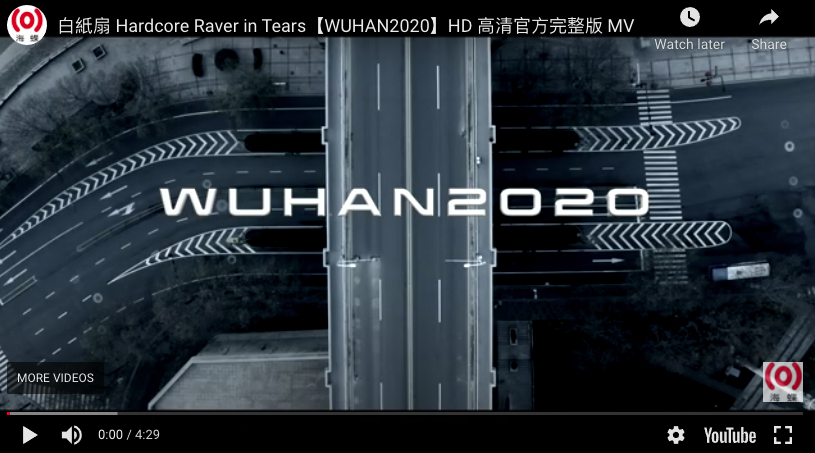
As a final note, one of the most amazing things to see in this most challenging of years has been the resilience and bravery shown by so many individuals and companies in our most challenged of industries. How we are all still surviving is anyone’s guess, but we continue to and that is a testament to my fellow humans.
春节快乐 and may this year of the Ox be better for all of us.
